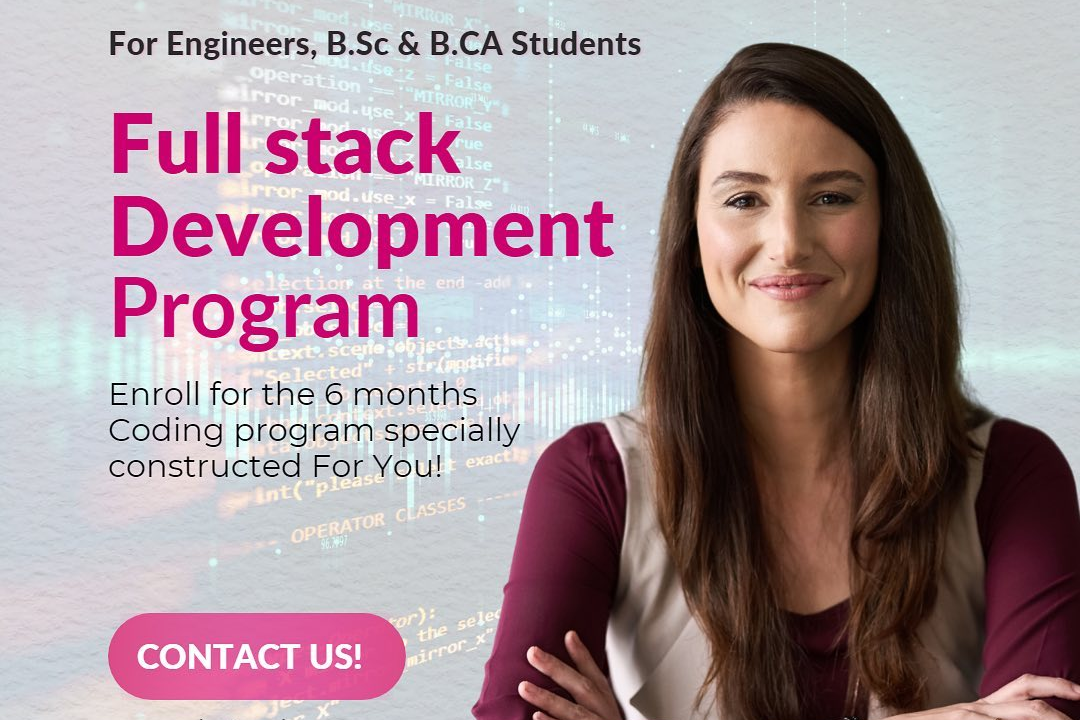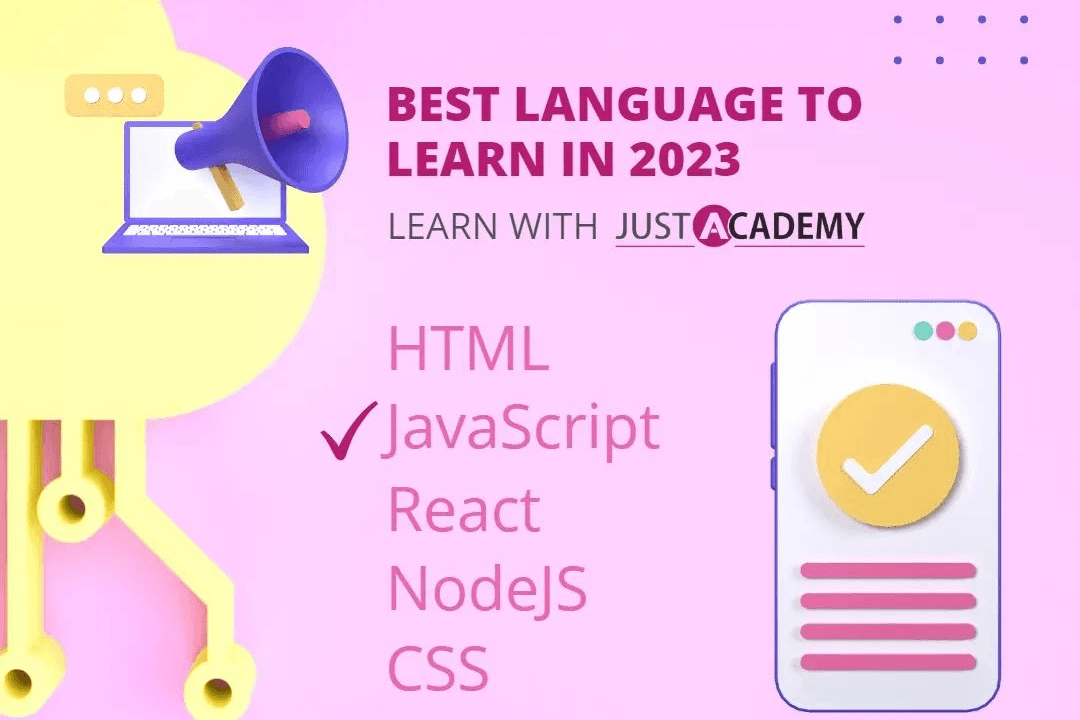laravel interview questions and answers for experienced PDF
Comprehensive Laravel Interview Questions and Answers for Experienced Developers
laravel interview questions and answers experienced PDF
The “Laravel Interview Questions and Answers for Experienced” PDF serves as an essential resource for seasoned developers preparing for job interviews focused on Laravel, one of the most popular PHP frameworks. This comprehensive guide not only covers a wide range of advanced topics, including Eloquent ORM, middleware, routing, and design patterns but also provides in-depth answers and practical examples that demonstrate proficiency and understanding of real-world applications. By reviewing the curated questions and expert responses, candidates can enhance their knowledge, boost their confidence, and improve their chances of impressing potential employers during technical interviews. Ultimately, this PDF is a vital tool for those looking to elevate their career in web development with Laravel.
To Download Our Brochure: https://www.justacademy.co/download-brochure-for-free
Message us for more information: +91 9987184296
1 - What is Laravel?
Laravel is a popular open source PHP framework designed for web application development, which follows the model view controller (MVC) architectural pattern. It provides an elegant syntax, built in features like routing, middleware, and ORM (Eloquent), making it efficient for developing robust applications.
2) What are service providers in Laravel?
Service providers are the central place for configuring and binding application services in Laravel. They are used to register services and perform bootstrapping operations when the application starts. Each service provider is defined in the `config/app.php` file.
3) Explain the concept of Middleware in Laravel.
Middleware acts as a bridge between a request and a response in Laravel applications. It provides a way to filter HTTP requests entering your application, allowing for tasks such as authentication, logging, and CORS setup, ensuring that each HTTP request is processed according to your requirements.
4) What is Eloquent ORM?
Eloquent ORM (Object Relational Mapping) is Laravel's built in ORM that provides a simple and expressive way to interact with the database using PHP syntax. It allows developers to perform database operations without writing raw SQL queries and comes with features like relationships and query building.
5) How do you manage database migrations in Laravel?
Database migrations in Laravel are handled using the artisan command line tool, allowing developers to easily create, modify, and share database schemas via version control. Each migration file contains methods for defining the `up()` and `down()` functions to set up and revert the changes made to the database.
6) What are Laravel Facades?
Facades in Laravel are a way to provide a static interface to classes in the service container, allowing developers to access application services easily without needing to instantiate objects. They are utilized for improving code readability and making it easier to develop applications using service classes.
7) Explain the use of Route Groups in Laravel.
Route Groups allow developers to group multiple routes that share common attributes such as middleware, prefixes, or namespaces. This promotes code organization and clarity, as changes made to the group affect all routes within it, streamlining the routing process in large applications.
8) How do you implement authentication in Laravel?
Laravel provides a built in authentication system that can be easily implemented using the artisan command `php artisan make:auth`, which scaffolds the necessary routes, controllers, and views. The authentication system utilizes sessions, and developers can customize it further by modifying the authentication guards and providers.
9) What is the purpose of the `config` directory in Laravel?
The `config` directory in Laravel contains configuration files for various aspects of the application, such as database settings, mail configurations, and caching options. These files allow developers to manage application settings efficiently without hardcoding values in the codebase.
10) How can you manage caching in Laravel?
Laravel provides an expressive caching system that supports multiple caching backends like Redis, Memcached, and database caching. Developers can use cache facade methods, such as `Cache::put()` and `Cache::get()`, to store and retrieve data, significantly enhancing application performance.
11 - What are events and listeners in Laravel?
Events and listeners in Laravel provide a way to implement the observer pattern, allowing developers to decouple various components of the application. Events are dispatched at certain points in the application, while listeners react to those events, enabling various responses to actions performed.
12) Explain resource controllers in Laravel.
Resource controllers in Laravel simplify CRUD operations by including predefined methods for managing resources (like creating, reading, updating, and deleting). Developers can generate a resource controller using the artisan command `php artisan make:controller resource`, streamlining the routing and controller processes.
13) What is the purpose of the `.env` file in Laravel?
The `.env` file in Laravel is used for environment configuration and allows developers to manage sensitive information such as database credentials, API keys, and environment specific settings. This file keeps configuration separate from code, promoting security and flexibility during deployment.
14) How do you handle validation in Laravel?
Validation in Laravel can be handled using built in validation methods and rules defined in form requests or directly in the controller. The framework provides a comprehensive validation layer, and developers can easily customize validation logic and return error messages to users.
15) What role do queues play in Laravel?
Queues in Laravel provide a background processing system, allowing developers to defer time consuming tasks, such as sending emails or processing uploaded files, without delaying the response to users. By using jobs and workers, Laravel offers a robust way to optimize performance and improve user experience.
Certainly! Here are additional key points about Laravel that can enhance your understanding of the framework and its features:
16) What is a Service Container in Laravel?
The Service Container is a powerful dependency injection container provided by Laravel that manages class dependencies and performs dependency injection, enabling better organization and testing of code. It helps in resolving class instances and binding interfaces to implementation classes.
17) How do you perform file uploads in Laravel?
Laravel simplifies file uploads through its built in file storage functionalities. Developers can use the `Request` object to access uploaded files, and utilize storage methods like `store()` or `storeAs()` to save files in configured disks (local, public, S3, etc.).
18) Explain Laravel's Task Scheduling feature.
Task Scheduling in Laravel allows developers to schedule periodic task execution using a fluent and expressive interface within the `app/Console/Kernel.php` file. By leveraging the `schedule` method, developers can define scheduled commands and manage cron jobs easily.
19) What are Policies in Laravel?
Policies in Laravel provide a centralized way to authorize user actions based on the application's business logic. They allow developers to define authorization logic for specific models or resources, making it easier to manage permissions within the application.
20) What is the use of Form Requests in Laravel?
Form Requests in Laravel are custom request classes that encapsulate validation logic, making it reusable and easily manageable. They allow developers to centralize validation rules and authorization logic, promoting clean and organized code.
21 - How does Laravel handle localization?
Laravel provides built in support for localization, allowing developers to create multi language applications. Resource language files can be created for various languages, and the `Lang` facade is used to access these translations, enabling dynamic content based on the user's locale.
22) Explain the concept of Route Model Binding.
Route Model Binding in Laravel simplifies the process of injecting model instances into routes. By type hinting the model in the controller method, Laravel automatically retrieves the corresponding model based on the route parameter, improving code readability and reducing manual queries.
23) What are Blade Templates?
Blade is Laravel's powerful templating engine that provides a simple and intuitive way to create dynamic views. Blade allows the use of control structures (like loops and conditionals) directly in the view, enabling developers to build complex layouts with ease.
24) How can you implement caching with Laravel’s built in cache system?
Laravel's caching system supports various drivers such as File, Database, APC, Memcached, and Redis. Utilizing the `cache` facade, developers can cache data easily using methods like `remember`, `put`, and `forget`, which helps speed up applications by reducing database queries.
25) What are the available database query builders in Laravel?
Laravel provides an efficient query builder that allows developers to construct database queries using a fluent interface. The query builder supports most SQL operations, including JOINs, subqueries, and aggregations, streamlining the process of interacting with the database.
26) What is the purpose of Middleware Groups?
Middleware Groups allow developers to define a collective set of middleware that can be applied to multiple routes easily. This feature enhances code organization and allows for consistent application of middleware behaviors across various routes without redundancy.
27) Explain the use of Custom Helper Functions in Laravel.
Custom Helper Functions allow developers to define reusable functions that can be accessed globally throughout the Laravel application. By creating helper files and including them in `composer.json`, developers can streamline code and improve maintainability.
28) How does Laravel support RESTful API development?
Laravel provides various tools and features to facilitate RESTful API development, including resource controllers, API routes, and authentication mechanisms like Passport and Sanctum. It also supports response transformation using resources, enabling developers to format JSON responses easily.
29) What is the Laravel Nova?
Laravel Nova is a premium admin panel for Laravel applications that provides a beautiful, customizable interface for managing application data and resources. It includes features like resource management, filters, and metrics, helping developers save time and effort when building backend administration systems.
30) How can you create custom Artisan commands?
Custom Artisan commands in Laravel can be created using the command `php artisan make:command CommandName`. This allows developers to define their own console commands in the `app/Console/Commands` directory, enabling automation of repetitive tasks and enhancing productivity.
These points should provide a deeper understanding of Laravel and its capabilities, making it easier to leverage the framework for development projects.
Course Overview
The “Laravel Interview Questions and Answers for Experienced” course is designed to equip seasoned developers with essential knowledge and skills to excel in job interviews focused on Laravel. This comprehensive course covers a wide range of advanced topics, including key features, best practices, and common challenges associated with the Laravel framework. Participants will gain access to a meticulously curated PDF containing in-depth questions and expertly crafted answers, alongside real-world examples and scenarios that reflect current industry standards. By engaging with this course, learners will enhance their proficiency in Laravel, boost their confidence, and significantly improve their chances of securing a desirable position in competitive job markets, ultimately paving the way for career advancement.
Course Description
The “Laravel Interview Questions and Answers for Experienced” course offers a specialized, in-depth exploration of advanced Laravel concepts tailored for seasoned developers preparing for job interviews. Focused on real-world application, this course provides a comprehensive PDF resource that includes a rich collection of pertinent interview questions paired with detailed answers and practical examples, allowing learners to reinforce their understanding of Laravel's framework, features, and best practices. By completing this course, participants will elevate their expertise, sharpen their problem-solving skills, and enhance their interview performance, positioning themselves as strong candidates in the competitive tech job market.
Key Features
1 - Comprehensive Tool Coverage: Provides hands-on training with a range of industry-standard testing tools, including Selenium, JIRA, LoadRunner, and TestRail.
2) Practical Exercises: Features real-world exercises and case studies to apply tools in various testing scenarios.
3) Interactive Learning: Includes interactive sessions with industry experts for personalized feedback and guidance.
4) Detailed Tutorials: Offers extensive tutorials and documentation on tool functionalities and best practices.
5) Advanced Techniques: Covers both fundamental and advanced techniques for using testing tools effectively.
6) Data Visualization: Integrates tools for visualizing test metrics and results, enhancing data interpretation and decision-making.
7) Tool Integration: Teaches how to integrate testing tools into the software development lifecycle for streamlined workflows.
8) Project-Based Learning: Focuses on project-based learning to build practical skills and create a portfolio of completed tasks.
9) Career Support: Provides resources and support for applying learned skills to real-world job scenarios, including resume building and interview preparation.
10) Up-to-Date Content: Ensures that course materials reflect the latest industry standards and tool updates.
Benefits of taking our course
Functional Tools
1 - Comprehensive E Book: The core tool of the course is a detailed e book comprising essential Laravel interview questions and answers tailored for experienced developers. This resource provides an extensive overview of various topics, including core Laravel concepts, advanced features, and real world applications. Each question is followed by in depth answers explaining the rationale behind the solutions, making it invaluable for both self study and quick revisions.
2) Interactive Q&A Sessions: The course features scheduled interactive Q&A sessions where students can engage with instructors and peers to discuss interview questions. This vibrant exchange allows participants to clarify doubts, discuss multiple approaches to solutions, and benefit from shared experiences. These sessions enhance understanding and offer students the confidence to articulate their knowledge during actual interviews.
3) Real Time Coding Challenges: To reinforce theoretical knowledge, the course integrates coding challenges that simulate interview scenarios. Students are presented with practical problems that require them to write code on the spot, mimicking the pressure of a real interview. This approach sharpens their coding skills while also teaching them to think critically and efficiently under time constraints.
4) Documentation and Resources: Access to extensive documentation is a vital component of this training program. Students receive links to Laravel's official documentation, community forums, and additional resources that provide deeper insights into frameworks and best practices. This not only helps them prepare for interviews but also equips them with tools for ongoing learning and improvement.
5) Mock Interviews: The program includes mock interview sessions designed to simulate the interview experience in a supportive environment. These sessions are conducted by experienced instructors who provide constructive feedback on students’ answers, communication skills, and overall presentation. Participants can practice articulating their thoughts and receive tips on how to improve their responses.
6) Peer Review System: Students engage in a peer review system where they assess each other’s answers to interview questions. This collaborative approach facilitates learning through teaching, as learners provide insights based on their interpretations. Giving and receiving feedback fosters a deeper understanding of Laravel concepts and builds confidence in their ability to face interview questions effectively.
By integrating these tools into the course, students get a holistic and practical understanding of Laravel, preparing them rigorously for interviews in the job market. The course is structured to equip learners not only with knowledge but also with the confidence and skills needed to succeed in competitive environments.
7) Project Based Learning: The program emphasizes project based learning, where students work on real time projects that incorporate Laravel. By developing applications from scratch, participants gain hands on experience while addressing common challenges encountered during development. This practical exposure allows students to showcase their work during interviews, providing tangible proof of their skill set.
8) Personalized Learning Paths: To cater to diverse backgrounds and experience levels, the course offers personalized learning paths. Students can choose to focus on areas such as Laravel fundamentals, advanced features, or specialized topics like API development, E commerce, or testing. This customization ensures that each participant can strengthen their weaknesses and hone their strengths.
9) Continuous Assessment: Regular quizzes and assessments throughout the course help reinforce learning and track progress. These evaluations allow students to identify areas that require further study, ensuring that they are well prepared before attempting interviews.
10) Industry Relevant Case Studies: The course incorporates case studies from real world applications that use Laravel. Analyzing these examples helps students understand common pitfalls, best practices, and effective solutions, enhancing their ability to discuss relevant scenarios during interviews.
11 - Networking Opportunities: Joining the JustAcademy community grants students access to a network of fellow learners and industry professionals. Students can participate in discussions, share insights, and even connect with potential employers or mentors, expanding their professional network within the tech industry.
12) Post Course Resources: After completing the course, students receive access to a wealth of ongoing resources. This includes updated interview questions, new challenges, and access to a forum for posting queries or sharing experiences. Continuous support ensures they keep their knowledge fresh and stay informed about new developments in Laravel.
13) Expert Guest Lectures: The course occasionally features guest lectures from industry experts who share insights into the latest trends and technologies in web development. These sessions inspire students and provide insider knowledge on what employers are looking for in candidates.
14) Soft Skills Development: Besides technical knowledge, the course places emphasis on developing soft skills such as communication, problem solving, and teamwork. Workshops focused on these skills prepare students to present themselves effectively during interviews and collaborate successfully in future work environments.
15) Certificate of Completion: Upon successfully finishing the course, students receive a prestigious certificate from JustAcademy, validating their skills and commitment to learning. This certification enhances their CV and sets them apart in the competitive job market.
By incorporating these additional points, the course offers a robust platform for aspiring Laravel developers to prepare effectively for interviews and excel in their careers. Each component is designed to foster a comprehensive understanding of Laravel and its applications, ensuring students walk into interviews with confidence and competence.
Browse our course links : https://www.justacademy.co/all-courses
To Join our FREE DEMO Session:
This information is sourced from JustAcademy
Contact Info:
Roshan Chaturvedi
Message us on Whatsapp:
Email id: info@justacademy.co












